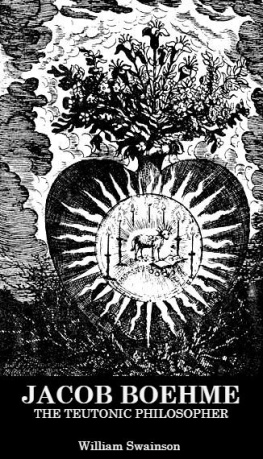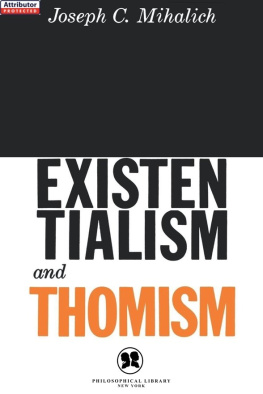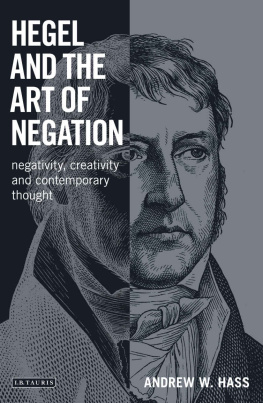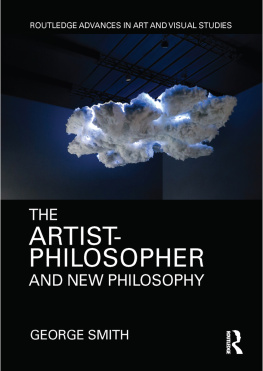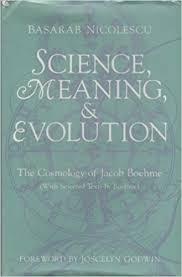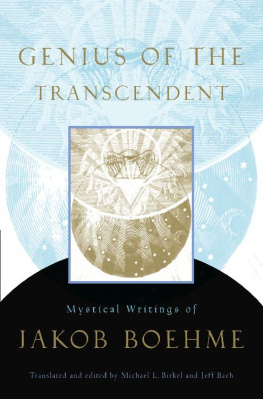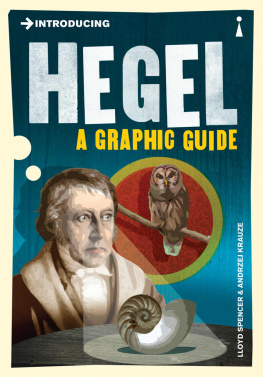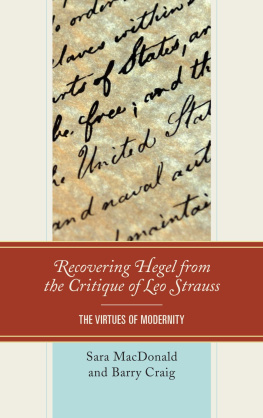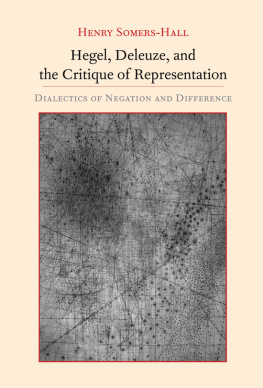W. P. Swainson - Jacob Boehme; The Teutonic Philosopher
Here you can read online W. P. Swainson - Jacob Boehme; The Teutonic Philosopher full text of the book (entire story) in english for free. Download pdf and epub, get meaning, cover and reviews about this ebook. year: 2017, publisher: Chizine, genre: Religion. Description of the work, (preface) as well as reviews are available. Best literature library LitArk.com created for fans of good reading and offers a wide selection of genres:
Romance novel
Science fiction
Adventure
Detective
Science
History
Home and family
Prose
Art
Politics
Computer
Non-fiction
Religion
Business
Children
Humor
Choose a favorite category and find really read worthwhile books. Enjoy immersion in the world of imagination, feel the emotions of the characters or learn something new for yourself, make an fascinating discovery.
- Book:Jacob Boehme; The Teutonic Philosopher
- Author:
- Publisher:Chizine
- Genre:
- Year:2017
- Rating:4 / 5
- Favourites:Add to favourites
- Your mark:
- 80
- 1
- 2
- 3
- 4
- 5
Jacob Boehme; The Teutonic Philosopher: summary, description and annotation
We offer to read an annotation, description, summary or preface (depends on what the author of the book "Jacob Boehme; The Teutonic Philosopher" wrote himself). If you haven't found the necessary information about the book — write in the comments, we will try to find it.
Brief, accessible introduction to life and philosophy of a this important religious thinker whom Hegel described as the first German philosopher, written for wide audience.
Jacob Boehme; The Teutonic Philosopher — read online for free the complete book (whole text) full work
Below is the text of the book, divided by pages. System saving the place of the last page read, allows you to conveniently read the book "Jacob Boehme; The Teutonic Philosopher" online for free, without having to search again every time where you left off. Put a bookmark, and you can go to the page where you finished reading at any time.
Font size:
Interval:
Bookmark:
Search where we will through the whole range of mysticism, it is hard to find a deeper or more interior mystic than the poor, unlettered shoemaker of Goerlitz, Jacob Boehme. Unlearned, as this world understands learning, he yet penetrated to the core of things, touching depths that the profoundest philosophers and the keenest thinkers have essayed in vain to reach. Where the most subtle metaphysicians have failed in their search for truth, this poor shoemaker, through his humble childlike faith, succeeded in discovering the ground of all things. Not only was he a great mystic, but he was also a spiritual occultist.
He was born at the village of Alt-Seidenberg, near Goerlitz, in Saxony, in the year 1575.
His parents were simple but respectable peasants. As a boy, Boehme spent much of his time alone, tending the cattle. At an early age he developed the visionary faculty, and was able to see in the spirit world. He went to school, learned to read and write, and, on leaving, was apprenticed to a shoemaker.
One day, while his master and mistress were out, a stranger entered the shop, bought a pair of boots, for which he paid an excessive price, and departed. On reaching the street he called out, Jacob, come hither. The lad, greatly surprised to find that the man knew his name, went outside, whereupon the stranger fixed a kind yet penetrating glance upon him, and said, Jacob, thou art yet but little, but the time will come when thou shalt be great and become another man, and the world shall marvel at thee. Therefore be pious, fear God, and reverence His Word; especially read diligently the Holy Scriptures, where thou wilt find comfort and instruction, for thou must endure much misery and poverty, and suffer persecution. But be courageous and persevere, for God loves and is gracious unto thee. The stranger then clasped his hand, looked kindly at him, and disappeared.

He was probably one of those highly evolved beings called "Adepts", or "Masters", who watch over and help all who earnestly and truly endeavour to serve God, follow in the footsteps of the Christ, and desire to be of use and service to their fellow-men. Similar instances are to be found in the lives of other mystics.
The interview made a deep and lasting impression on Jacob. He became more serious and meditative, more childlike and humble. He admonished his fellow-workmen, with the result that his master dismissed him, whereupon he became a travelling journeyman.
During this period Boehme was greatly troubled with doubts. He was conscious of his own unworthiness, and fell into a profound and deep melancholy. The mystery of life and the sin and misery he saw on all sides almost overwhelmed him. He had a keener sense of sin, together with that tumult of conflicting desires and reactionary evil, that so often precedes the outburst of light.
At length his first period of illumination took place. It lasted for seven days in succession. During the whole of that time his higher or more extended consciousness was active, and his range of vision correspondingly widened. His external or bodily faculties meanwhile continued in their normal condition. What some call the inner body being consciously awake, or active, he was naturally aware of what was taking place on the plane corresponding to it.
In 1594 he married a tradesmans daughter, by whom he had four sons.
In 1600, at the age of twenty-five, a second illumination was vouchsafed to Jacob. One day, while walking in the fields, he fell into a deep and inward ecstasy, so that he could look into the inmost principles and deepest foundations of things, gazing, as it were, into their very heart. The mystery of creation was opened to him suddenly, and he learned the ground of all things. He writes:
In one quarter of an hour I saw and knew more than if I had been many years together at a university, at which I did exceedingly admire, and I knew not how it happened to me ; and thereupon I turned my heart to praise God for it. For I saw and knew the Being of all beings, the Byss and Abyss, also the birth or eternal generation of the Holy Trinity ; the descent and original of this world, and of all creatures, through the divine wisdom. I knew and saw in myself all the three worlds, namely the divine, angelical, and paradisiacal world; and then the dark world, being the original of nature to fire; and then, thirdly, the external and visible world, being a procreation, or external birth ; or as a substance expressed or spoken forth from both the internal and spiritual worlds ; and I saw and knew the whole being in the evil and in the good, and the mutual original and existence of each of them... I saw it (as in a great deep) in the internal, for I had a thorough view of the universe, as in a Chaos, wherein all things are couched and wrapped up, but it was impossible for me to explicate and unfold the same. He thanked God in silence for the vision, but told no one, continued his shoemaking, and attended to his family duties.
Ten years later his third illumination took place. That which had previously seemed chaotic and fragmentary now formed into a coherent whole. His scattered intuitions were co-ordinated. Fearing lest ho should forget what he had seen he wrote it down in order to preserve it, though not for publication. This was the origin of the Aurora, his first work, which lie compiled as a help to his memory. He began writing in 1612, and continued doing so till his death in 1624, composing some thirty books in all. They are full of the deepest mysteries regarding God, Christ, heaven and hell, and the secrets of nature. All he did was for Gods glory and the redemption of mankind, nothing for personal gain.
A nobleman, Carl von Endern, happening to see the Aurora, was so impressed with its unique value that he had several copies made. By accident one of them fell into the hands of Gregory Richter, the Lutheran pastor of Goerlitz, a narrow-minded bigot lacking spiritual insight. He was so exasperated at the idea of a poor shoemaker knowing more of Gods dealings than himself, an ordained priest, that henceforth he became Boehmes bitterest enemy. He publicly denounced him as a most dangerous heretic, insulted him in every possible way, and threatened to have him imprisoned. Boehme was brought before the City Council, who ordered him to leave tho town forthwith. The following day they rescinded the order but confiscated the manuscript of his Aurora, at the same time telling him to stick to his last and write no more books.
This action of the Council, however, had the opposite effect to that which they intended, for it brought Boehmes writings to the notice of many who would otherwise have never heard of them. He thus became known to many who were better educated than himself, from whom he afterwards derived considerable assistance in expressing his thoughts.
For seven years Boehme submitted patiently to the decree of the Council, and kept silence. At length the Divine Spirit could no longer be restrained, and he began to write again. He had more leisure than formerly, his business having fallen off, but his friends supplied his needs. His books attracted the attention of those interior souls who were able to appreciate them, and he found followers among both rich and poor.
Among his many works were The Three Principles, The Threefold Life of Man, Signatura Rerum, Mysterium Magnum, Forty Questions, The Clavis, The Incarnation of Christ, Dialogue Between an Enlightened and an Unenlightened Soul, and The Way to Christ.
About a year before his death his old enemy, Gregory Richter, renewed his persecutions with redoubled fury, in consequence of the publication of The Way to Christ. This time Boehme did not remain so quiet, but wrote a defence to Richters accusations. The City Council, afraid of the blustering priest, requested Boehme to leave the town lest he might suffer the fate of other so-called heretics and be burnt alive. He left Goerlitz in disguise, and went to Dresden, where he found a refuge and wras greatly honoured. He had not been there long when, at his own request, he was carried back to Goerlitz. He told his friends that in three days time he would pass away. This was on a Friday.
Font size:
Interval:
Bookmark:
Similar books «Jacob Boehme; The Teutonic Philosopher»
Look at similar books to Jacob Boehme; The Teutonic Philosopher. We have selected literature similar in name and meaning in the hope of providing readers with more options to find new, interesting, not yet read works.
Discussion, reviews of the book Jacob Boehme; The Teutonic Philosopher and just readers' own opinions. Leave your comments, write what you think about the work, its meaning or the main characters. Specify what exactly you liked and what you didn't like, and why you think so.

